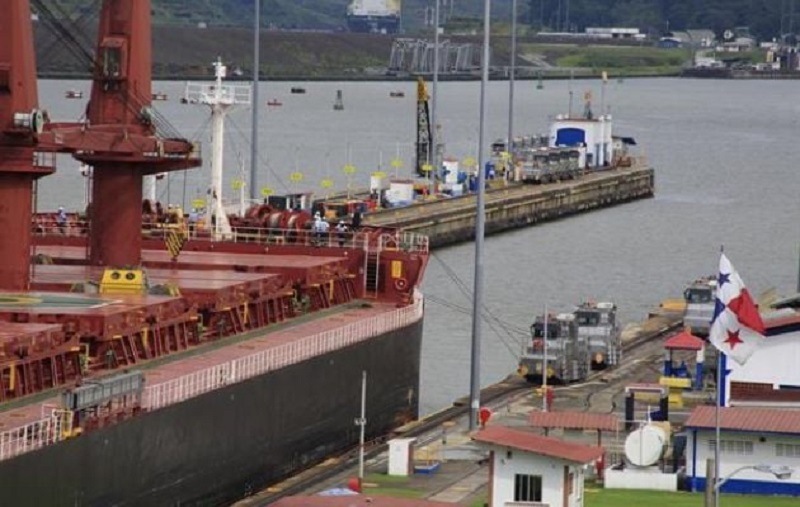The decision is based on the reduction of water levels in the artificial lakes Gatun and Alajuela, Ricaurte Vásquez, who heads the institution, stated.
Vazquez explained that these restrictions will remain in place until climatic conditions improve, especially with an increase in rainfall, which will probably not happen before 2025.
The ACP is also monitoring the situation and is expected to be able to confirm whether there will be changes to the vessel schedule between March 15 and 20, when a weather forecast for the next 45 days will be made with 75 percent reliability.
Although reservoir levels are below optimum, they do not show a significant decrease thanks to water saving measures implemented, including minimizing hydroelectric power generation, the expert said.
The lack of water is critical for world trade since the Panama Canal moves 5.0 percent of international traffic and the situation is worsened by the uncontrolled consumption of water by the population and the lack of implementation of a water plan for it.
The ACP identified the Rio Indio water reservoir as the most viable project to address this crisis in the long term, but legislative changes are needed, Vazquez said.
Despite the urgency of the situation, no reactions on possible reforms have been seen from the Executive, raising concerns about the ability to effectively address the water crisis in the short term.
abo/oda/ga









